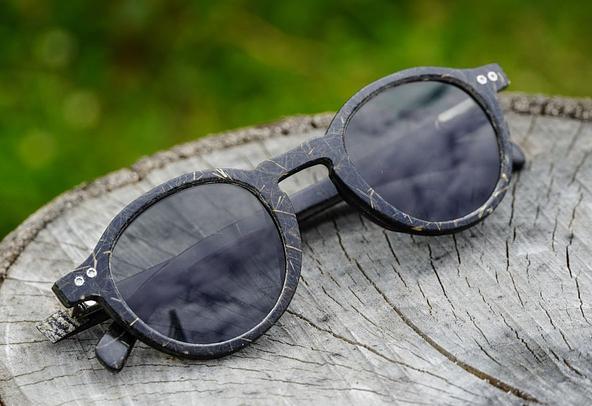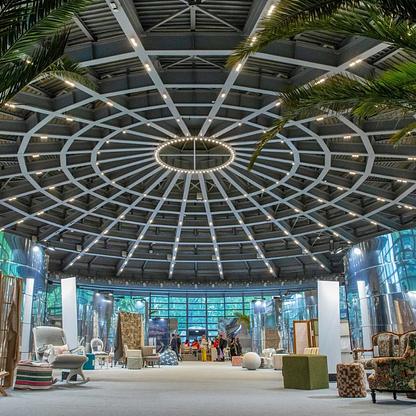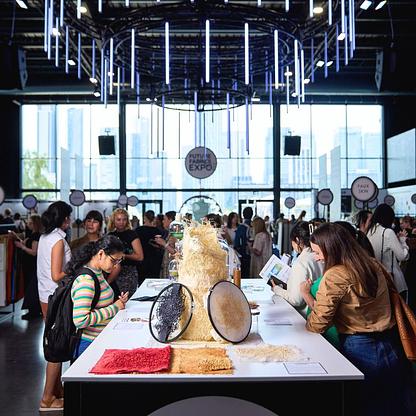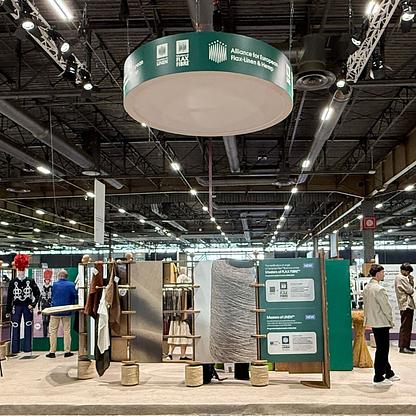Linotte: a first for flax glasses!
July 11, 2023
- Fashion
- Linen
Flax fibre is used in many sectors: it can be spun into yarns for textiles and also incorporated into composite materials for accessories, such as eyewear by Linotte. Durable, stylish and bio-based, these are frames with flax appeal.








